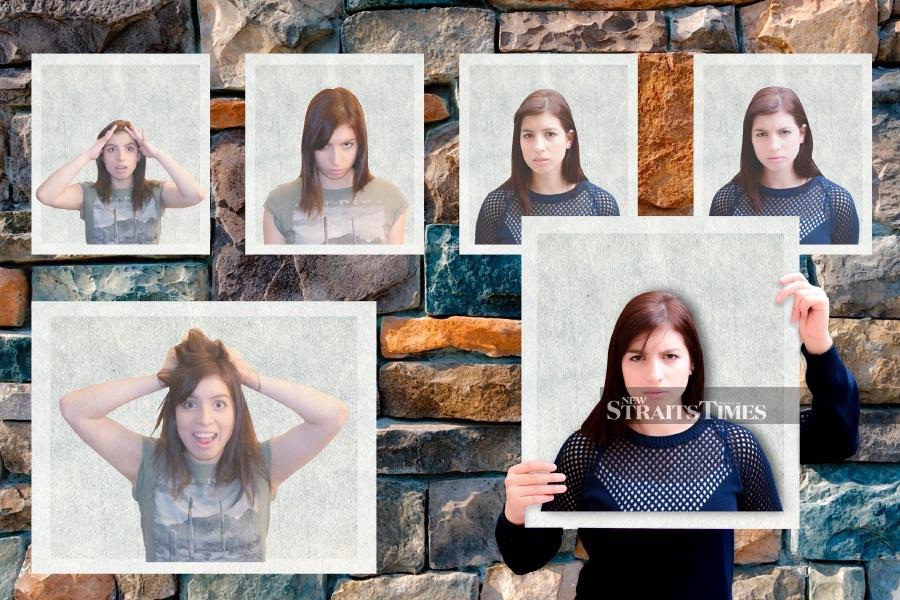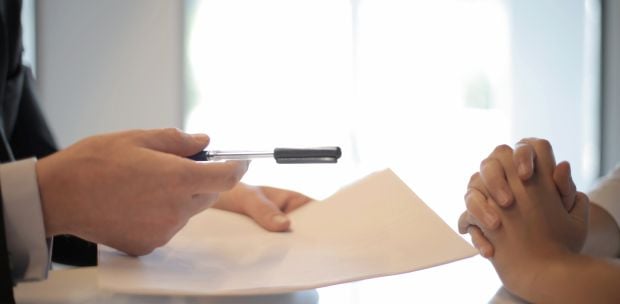WE all know about body language, which is a type of non-verbal communication through physical behaviour to express what we really mean. Our facial expressions, mannerisms, body posture, gestures, eye movements, physical behaviour, and even the use of space, can actually convey or betray the contrary words we say. Body language can sometimes be more powerful than words.
Some people are good at hiding what they truly feel behind what they say, but some are really good at conveying what they mean through their body language without using any words. The key point here is how good you are at reading it.
For example, there have been many jokes and memes about how women say, "fine". Depending on the tone and what led to the answer, they're usually far from feeling "fine". They could be angry, embarrassed, ashamed, fed up, vulnerable, and feeling a lot of things.
So many articles have been written about this, and comedians and satirists have flogged the idea to a point of exhaustion. But the thing is, that word "fine" could still be an indication that something's amiss.
BETWEEN THE LINES
When you become a caregiver, you'll find yourself reading the body language of the loved ones in your care. They may eat like they've been starved even when they tell you they're not hungry. They might do things that hurt you even when they don't mean it.
Dementia and Alzheimer's disease do that to a person, but so does being in pain and incapacitated for a long time. You might also notice how they flinch when you actually want to tenderly touch their face.
It's been said that when this happens, that person has probably been hit before and thus reacts with that instinct. This is quite common in children and adults alike, especially those who are mentally challenged and don't have verbal skills to complain or protect themselves.
Conversely, you could be greeted with a beaming smile when they see you. They might not be able to say much, but the person inside the body who can no longer speak attempts to reach out to you and feel the comfort of your company.
In the years that I've cared for my son, my late parents, family and friends who have been in situations where talking is just too much of an effort, their eyes and body language conveyed quite a lot.
They may look at you with so much love, and give your hand a gentle squeeze to reassure you that all's well and under control. Sometimes they look questioningly at you and want to be assured that they'll get better.
My heart aches with helplessness when tears trickle down their face while they're trying to be brave when they actually feel so powerless and vulnerable. I hate it when they cringe and cry because of the pain that's beyond what they can bear.
All I could do is to ask for the doctor's help to ease this pain and suffering, after which they'd whimper and sleep from the painkiller given. There have also been times when my presence has bothered them. They'd turn away from the sight of me and refuse to even look at me.
They were angry at me for some reason, or they felt hurt that I'd brought them to the doctor and now they're hospitalised. Sometimes what you think is best for them isn't something they totally agree with.
FINDING BALANCE
At that time, one of the doctors gently mentioned to me that it could be my body language that had triggered that response. Perhaps I was resentful for being put in that situation. Hey, no one's perfect and I can be grouchy too.
The thing is, I needed to reconcile with the way I felt about things too. Being a caregiver is about finding the balance — being able to serve your loved one as well as being fine with your life.
There are many things you can read from body language. But I've learnt that we can't totally rely on body language as the sole source of information. It's certainly an indication that something's amiss, but we must find out more. That's when it's good to ask questions and talk to different people, like doctors, nurses, other caregivers in the group and even visitors who have been there that day.
Anyone and everyone can be a trigger to a certain behaviour and mood.
Sometimes, when a person looks away from you or regularly looks at the clock/watch/phone, it's usually an indication that they're ready to end the visit or conversation. Rather than wait to be dismissed, take the cue and politely leave. As a caregiver, sometimes you have to know when to retreat.
[The views expressed in this article are the writer's own.]
Putri Juneita Johari volunteers for the Special Community Society of Ampang. She can be reached at [email protected].





